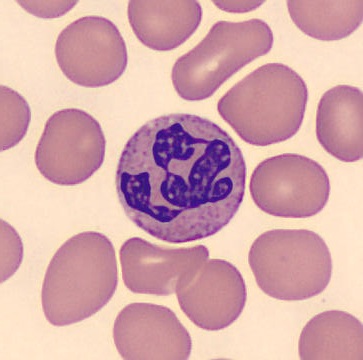How do you read a blood report reference
Published: 20 Aug 2024

Reworded Text:
Blood tests primarily provide insights into physiological and biochemical conditions, including:
* Disease diagnosis
* Mineral levels
* Drug efficacy
* Organ function
Additionally, blood, being the primary circulating fluid in the body, plays crucial hydraulic roles. Blood tests, performed on blood samples, are essential laboratory tests.
Variations in concentrations of key metabolites and components in the blood assist in identifying various ailments. They also aid in detecting the presence of pathogens. Moreover, blood tests perform regulatory functions, such as maintaining the body's pH balance and regulating core body temperature.
It is imperative that patients have a clear understanding of blood test results to comprehend their health status. Differences in quantities and proportions of blood components are significant. Blood samples are typically obtained from an arm vein using a needle or through a finger-prick.
Regulation of internal body temperature, despite environmental changes, is essential for warm-blooded animals. Blood tests can detect the presence of harmful chemicals, toxins, and certain drugs. The analysis typically compares the concentrations of specific entities in the test blood sample to established reference values.
Chronic Inflammation:
Chronic inflammation may occur when tissues are continuously damaged or irritated, as a result of factors such as smoking or environmental pollutants.
A C-reactive protein (CRP) test measures the amount of CRP in a blood sample, indicating the presence and severity of inflammation in the body. Elevated CRP levels may suggest serious underlying medical conditions that trigger inflammation.
Inflammation is the body's natural response to protect tissues and promote healing from injury, infection, or disease. Normally, CRP levels are low. Increased CRP levels in the bloodstream indicate inflammation.
Persistent inflammation can damage healthy tissues. Symptoms of inflammation may be apparent or occur within the body. An unrelieved (long-term) inflammation can occur when inflammation persists.
CRP is a protein produced by the liver.
Blood tests primarily provide insights into physiological and biochemical conditions, including:
* Disease diagnosis
* Mineral levels
* Drug efficacy
* Organ function
Additionally, blood, being the primary circulating fluid in the body, plays crucial hydraulic roles. Blood tests, performed on blood samples, are essential laboratory tests.
Variations in concentrations of key metabolites and components in the blood assist in identifying various ailments. They also aid in detecting the presence of pathogens. Moreover, blood tests perform regulatory functions, such as maintaining the body's pH balance and regulating core body temperature.
It is imperative that patients have a clear understanding of blood test results to comprehend their health status. Differences in quantities and proportions of blood components are significant. Blood samples are typically obtained from an arm vein using a needle or through a finger-prick.
Regulation of internal body temperature, despite environmental changes, is essential for warm-blooded animals. Blood tests can detect the presence of harmful chemicals, toxins, and certain drugs. The analysis typically compares the concentrations of specific entities in the test blood sample to established reference values.
Chronic Inflammation:
Chronic inflammation may occur when tissues are continuously damaged or irritated, as a result of factors such as smoking or environmental pollutants.
A C-reactive protein (CRP) test measures the amount of CRP in a blood sample, indicating the presence and severity of inflammation in the body. Elevated CRP levels may suggest serious underlying medical conditions that trigger inflammation.
Inflammation is the body's natural response to protect tissues and promote healing from injury, infection, or disease. Normally, CRP levels are low. Increased CRP levels in the bloodstream indicate inflammation.
Persistent inflammation can damage healthy tissues. Symptoms of inflammation may be apparent or occur within the body. An unrelieved (long-term) inflammation can occur when inflammation persists.
CRP is a protein produced by the liver.
